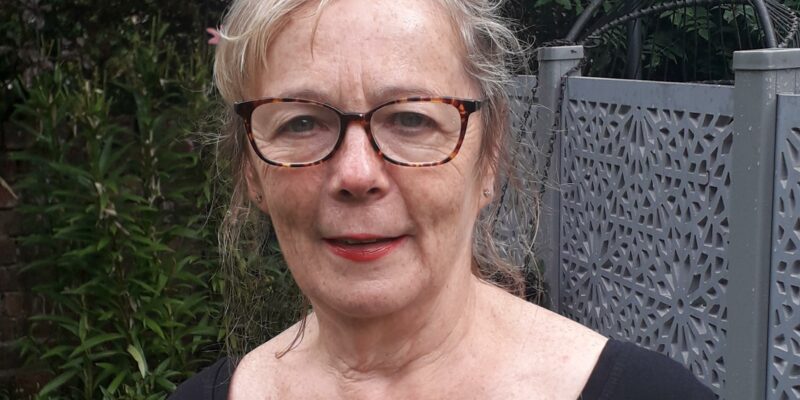
After some 18 months of unprecedented pressure on key services, the lifting of measures will be seen by many as a new leash of life, an opportunity to reconnect. Restrictions easing will also be a stark reminder of the backlog of needs that must now be addressed.
Take loneliness, for example. There’s a risk that as some parts of society reconnect in-person, loneliness will be further entrenched amongst people in some of the most vulnerable situations in our society. Or waiting times in our NHS. We know the number of Scots waiting a year or more for planned hospital treatment almost doubled in just three months this year – with the latest figures for the end of March showing 28,203 patients having spent 52 weeks or more on an NHS list. With people also living longer, there will be an increasing demand across health and social care. The largest group of patients in hospital or receiving care in the community is the over 65s, and so helping those who are increasingly frail will be a growing challenge.
The challenge for the Scottish Government, and partner organisations, is to build a connected recovery. Building the right plan to develop people’s wellbeing, while also ensuring no one is left behind will be vital to Scotland’s rebuilding from Covid. The British Red Cross is working to meet that challenge. We regularly work with people like this who haven’t left the house in months or years, who no longer open the curtains, get out of bed, or open the post. But, while the causes of people’s loneliness and isolation could be numerous, the solution is often simple. Through our services – person-centred, one to one practical and emotional support – we’ve seen how far a little bit of trust, time to listen, and open conversations can take us.
We’re partnering with the Scottish Government, working to tackle isolation and loneliness amongst the most vulnerable communities, funded as part of its plan to combat loneliness because of the pandemic. We’re building on this expertise to help people most in need to reconnect – people on low incomes or who live alone, people with disabilities and those suffering from poor mental health. Our services will help people navigate befriending services, access online support and activities and provide practical help to overcome barriers to wellbeing. On waiting times, increased funding and new digital solutions are necessary, particularly for disadvantaged groups and communities on the wrong side of the digital divide. But part of the solution must be supporting people, practically and emotionally, while they wait. It’s about ‘active waiting’, or ‘waiting well’.
We must also be alert to frailty – people over-65 who are vulnerable to falls, disability, and admission to hospital or more likely to have a lower income. In Midlothian it is described by one GPs as primary care’s “global warming” with a fear that services will be unable to meet growing demand and could “fall over” in the medium to long term without action. That is why the British Red Cross has developed a Frailty Support Service model which identifies a range of services which benefit people with mild, moderate, or severe frailty to maintain their independence. It is a model based on proactively intervening to improve outcomes for those at risk.
Our service – What Matters – was piloted in Midlothian alongside health and care services. It helps people over-65 to remain as independent as possible by, for example, delivering food parcels, arranging wheelie bins to be collected, helping to install bed and shower rails, and importantly connecting them to their community, prioritising what is important to them. It is about giving people control, an important part to maintaining well-being. Taking this approach doesn’t just reduce feelings of being anxious and alone but also shows how engaging proactively makes a difference.
A vision for our future, where those most in need are supported to connect and thrive, can ease the transition we all face. Simple, non-clinical support can also make a world of difference to the people waiting. These goals must form part of the Scottish Government’s plan as we move forward out of this pandemic, and the British Red Cross stands ready to do all we can to ensure we recover together.
Marie Hayes is Director Scotland Independent Living & Crisis at the British Red Cross
